The passage of the 2018 Farm Bill will radically overhaul America’s relation to hemp and CBD. Here’s how.
It is a historic time for hemp and CBD. Donald Trump today signed into law The Agricultural Improvement Act of 2018, also known as the 2018 Farm Bill, which contains provisions to legalize hemp.
The new law lifts the longstanding ban on hemp, and brings the highly versatile crop back to America where it has a long history.
Included in the monumental bill is the Hemp Farming Act of 2018, a provision that amends the federal list of controlled substances with regard to hemp and reclassifies the plant as an agricultural commodity.
The new law allows U.S. farmers to grow, process, and sell the plant commercially. It also legalizes hemp nationwide for any use, including flower production and the extraction of CBD, or cannabidiol.
In the midst of intense partisan divide on many issues, hemp legalization brought together lawmakers from both sides of the aisle. Trump’s signing of the bill came just days after the legislation overwhelmingly passed the House and Senate.
The passage of the new Farm Bill is set to change the entire landscape around hemp and CBD. Here is a look at what this historic new law means for the whole industry, and why it’s an exciting time for entrepreneurs, CBD advocates, environmentalists, and farmers across the country.
Eliminates Confusion as to Whether Hemp CBD is Legal
The approval of the 2018 Farm Bill has significant implications with regard to the legal status of commercially available hemp-derived CBD oil products.
For years, hemp CBD oil companies in the U.S. have legally operated under a 2004 Ninth Circuit Court of Appeals ruling that prohibited the Drug Enforcement Administration (DEA) from interfering with the production and sale of hemp-based foods.
The hemp provision in the new Farm Bill leaves no doubt that hemp can be legally “cultivated for any use,” including the production and extraction of CBD.
The language in the Hemp Farming Act of 2018 removes hemp-derived CBD from the list of Schedule I controlled substances. This guarantees interstate commerce for hemp and hemp-derived CBD, meaning those who sell dried hemp flower or CBD-infused products can ship across state lines without any fear of federal prosecution.
While states will be able to regulate hemp and hemp CBD as they choose, this completely changes the playing field because there is no longer confusion as to whether hemp CBD is federally legal.
It’s important to note that the legislation does not legalize CBD generally. It only legalizes CBD derived from hemp. CBD extracted from marijuana at this point remains illegal under federal law.
Final approval of this landmark legislation opens many new opportunities for hemp and CBD companies that will now be able to operate in an industry that is fully legal in the eyes of the federal government.
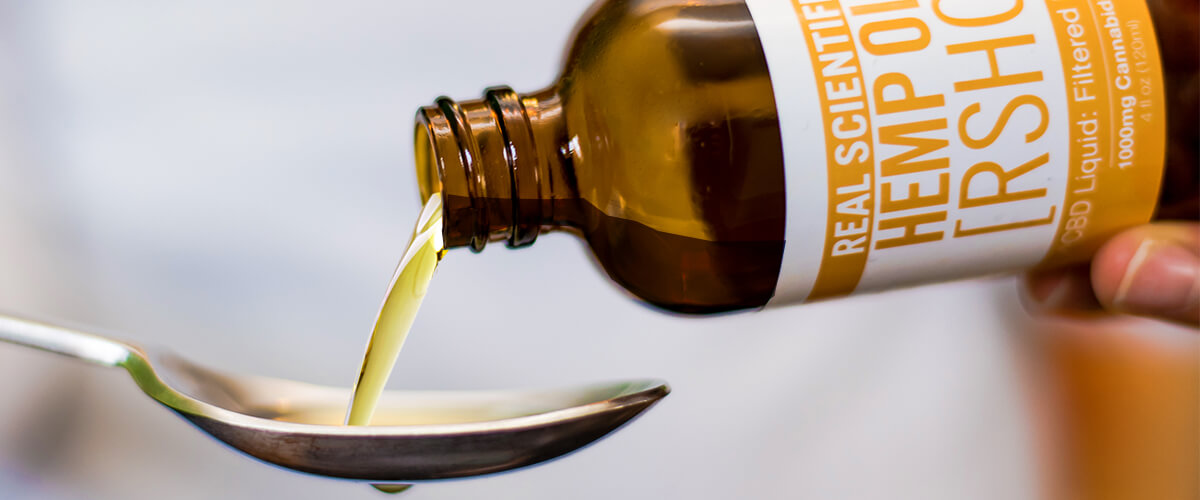
Stimulates Growth in an Already Booming CBD Market
Hemp legalization also sets the stage for explosive growth in the already-burgeoning CBD market.
Legalization is expected to provide comfort to large retail outlets and other distributors to bring CBD products into their stores. It’s also bound to help propel CBD further into the mainstream, which will expedite the already rapidly shifting public attitudes regarding cannabis and make more customers willing to try the variety of CBD products that are available.
While operating under the Ninth Circuit ruling, the domestic market for hemp CBD products has grown from $170 million in 2016 to nearly $600 million this year.
But with hemp legalization, cannabis research firm Brightfield Group foresees hemp CBD sales growing 40 times to reach an incredible $22 billion by 2022.
“We saw 80% growth in CBD this year and that was just from small- and mid-size retailers,” Brightfield Group Director of Research Bethany Gomez recently told Yahoo Finance. “Now that larger retailers are already putting together their plans for what CBD products to carry, we expect the CBD market to hit $22 billion by 2022.”
Hemp legalization is also expected to lift the previous restrictions on advertising and marketing, expanding the reach of CBD’s market potential.
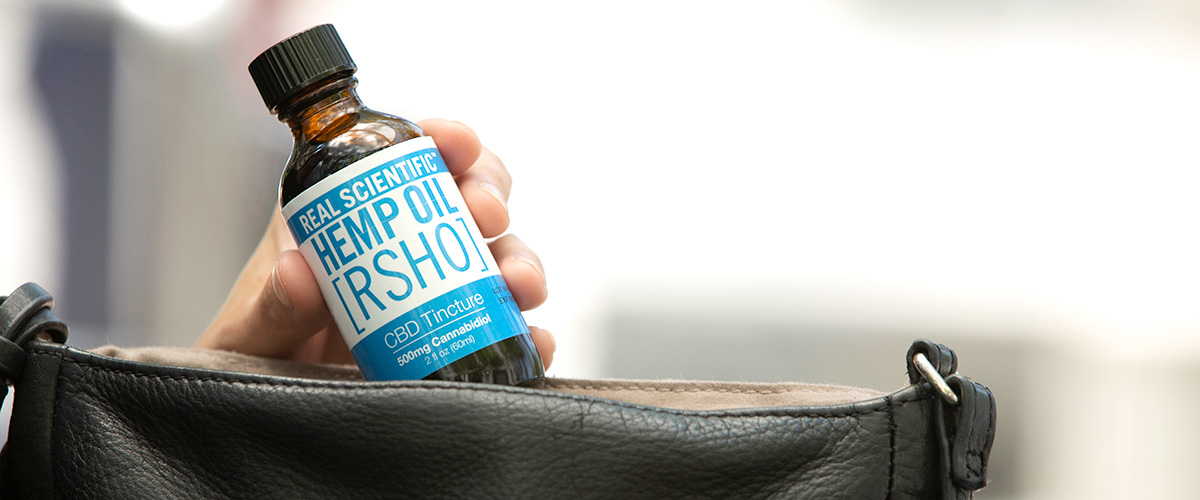
Opens Opportunity to Source Hemp From Domestic Growers
Hemp’s legalization will certainly give domestic farmers a new major opportunity with a versatile and sustainable crop.
Hemp is harvested for its stalk and seeds, which can be utilized in the manufacturing of thousands of products, including textiles, paper, animal feed, food, body care products, and CBD supplements.
Senate Majority Leader Mitch McConnell, who pushed for the bill, believes hemp could replace struggling cash crops like tobacco.
“I don’t want to overstate this—I don’t know if it’s going to be the next tobacco or not – but I do think it has a lot of potential,” said McConnell while speaking with reporters earlier this month.
The U.S. hemp market grew to $688 million in 2016, but nearly all domestically sold hemp products have been sourced from imported hemp from international growers.
The end of the federal government’s decades-long ban on the commercial production of hemp means that domestic farmers can now grow, harvest, process, and sell the plant. The new law also legalizes hemp production in U.S. territories and on Indian tribal land.
While states can adopt their own plans for regulating hemp, no states can prohibit the transport of hemp across its lines, which means growers are free to ship to processors across the U.S.
Many farmers had reportedly already been utilizing more of their land for hemp prior to the official signing of the new Farm Bill in anticipation of its passage.
With that said, the opportunity isn’t just for farmers. Now that hemp is legal to grow across the U.S., American companies will be able to source their hemp from domestic growers and take even greater advantage of the robust economic opportunity that hemp provides.
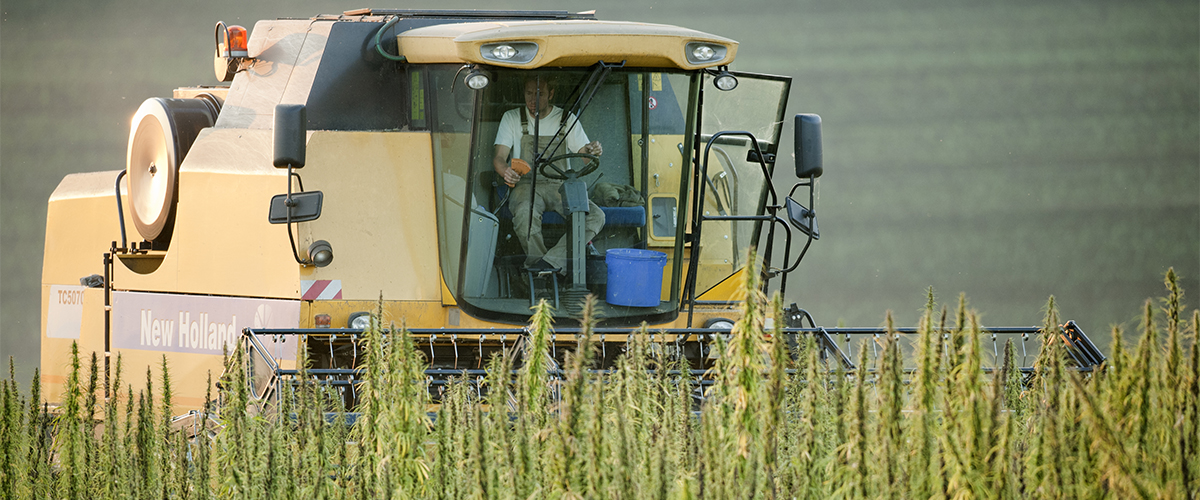
Facilitates Research Opportunities into Hemp and CBD
A goal of the 2014 Farm Bill was to encourage research into hemp. Section 7605 of the 2018 Farm Bill furthers that effort by re-extending protections for hemp research.
Additionally, section 7501 extends hemp research by including the plant under the Critical Agricultural Materials Act. This provision recognizes the importance and opportunity of the plant and the products that can be derived from it, while also recognizing that there is more to learn about the plant as an agricultural commodity.
Legalizing hemp will also be beneficial for scientists interested in studying CBD’s effects.
Previously, all cannabis was classified Schedule I under the Controlled Substances Act. This restrictive classification creates various regulatory and funding hurdles that had made studying CBD and its potential benefits difficult, hindering the collection of data.
Now that hemp and hemp-derived CBD have been removed from the Controlled Substances Act, researchers will have easier access to hemp cannabinoids like CBD to study them. This will hopefully lead to a greater understanding of how hemp CBD oil and its compounds interact with the human body.
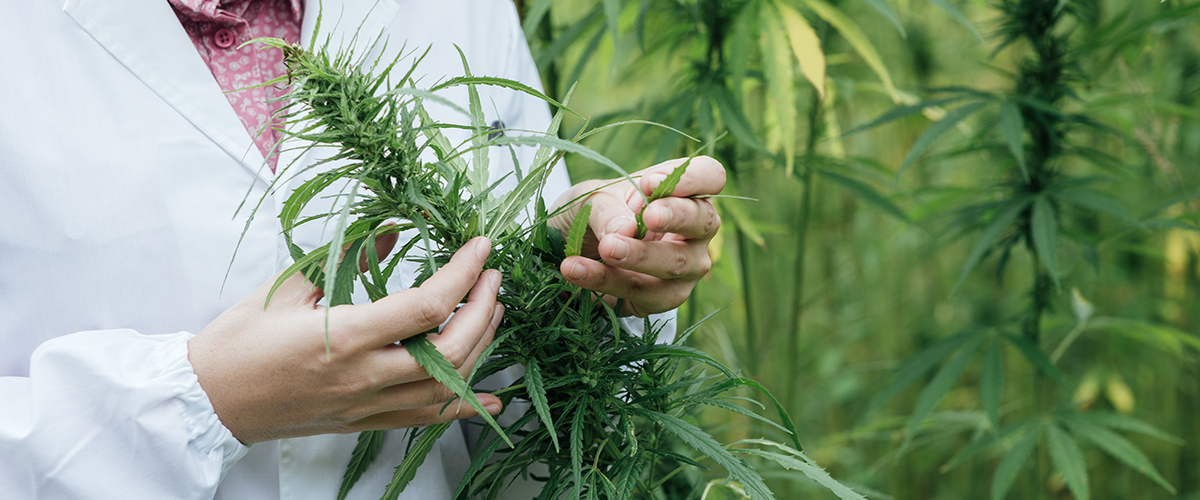
Encourages Banks to Service Hemp and CBD Companies
With hemp legalization comes better access to bank accounts and credit card processors for hemp and CBD companies.
Historically, banking has been a difficult situation for companies operating in the cannabis industry. The federal classification of cannabis as a Schedule I substance has discouraged banks and credit unions from servicing the cannabis industry, as they were concerned about being susceptible to money laundering laws.
Lifting hemp and its compounds from the Controlled Substances Act will likely encourage banking institutions to be more open to servicing and investing with hemp companies. This means greater access to bank accounts, well as an opportunity to submit tax payments electronically and provide direct deposit for employees.
Additionally, more banks coming into the cannabis space could set off a new wave of investments so that hemp and CBD companies are better able to get capital to grow.
For domestic farmers, the new hemp law gives them access to federally backed farm support programs, including crop insurance, federal water access, grants, and low-interest loans. Hemp farmers can also now write off their business expenses on their taxes like any other farmer.

Revitalizes Hemp as Source for Thousands of Products
Hemp legalization will also no doubt encourage investment and capital infusion to take advantage of many uses of hemp.
Hemp’s stalks and seeds can be used to make thousands of products, such as:
- Food
- Skin and hair care products
- Biofuels
- Bioplastic
- Green construction materials (hempcrete)
- Textiles (fabric for clothing, rope, canvas)
- Paper
- CBD supplements
With hemp legal and interest in hemp-based products surging, infrastructure to manage the greater demand for hemp-derived products are inevitable. Aside from CBD, American-grown hemp will be used as a source for many emerging industries. It’s also not far fetched to assume that legalization will stimulate discoveries of new ways to grow and use hemp.
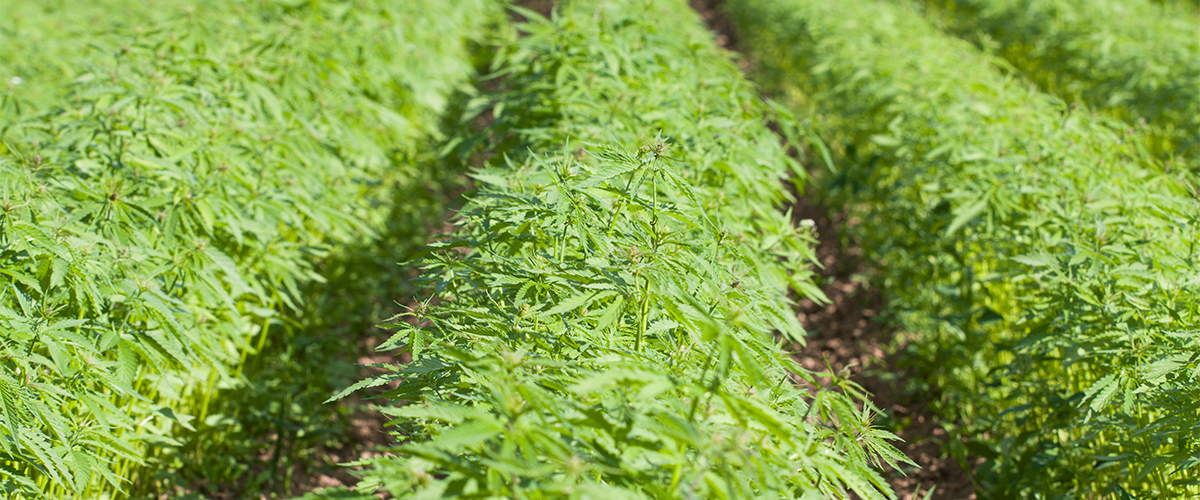
Ensures Safer and Higher-Quality Products
The federal legalization of hemp will also lead to safer and higher-quality products for consumers.
For the first time, lawmakers will be able to develop and impose best manufacturing practices and standards for the industry.
It remains to be seen how the U.S. Department of Agriculture or the Food and Drug Administration (FDA) will respond and adjust to the legalization of hemp and CBD. It’s likely that the agencies will implement policies to ensure that consumers have wide and easy access to high-quality, lab-verified products.
While it’s too early to say exactly what regulations will be implemented, once manufacturing oversight is in place the hemp-derived products that reach customers will have to meet some level of safety and quality criteria.

The Evolving U.S. Cannabis Industry
The 2018 Farm Bill makes the most significant change to the U.S. Controlled Substances Act since its passage.
As record-high public support in favor of cannabis continues to grow and lawmakers push for marijuana reform legislation, further federal cannabis action appears inevitable. The legalization of hemp could work to even further diminish the stigma against cannabis as a whole.
We invite you to keep up with the quickly growing U.S. cannabis industry by regularly visiting our news page and follow us on your Twitter and Facebook feeds.






